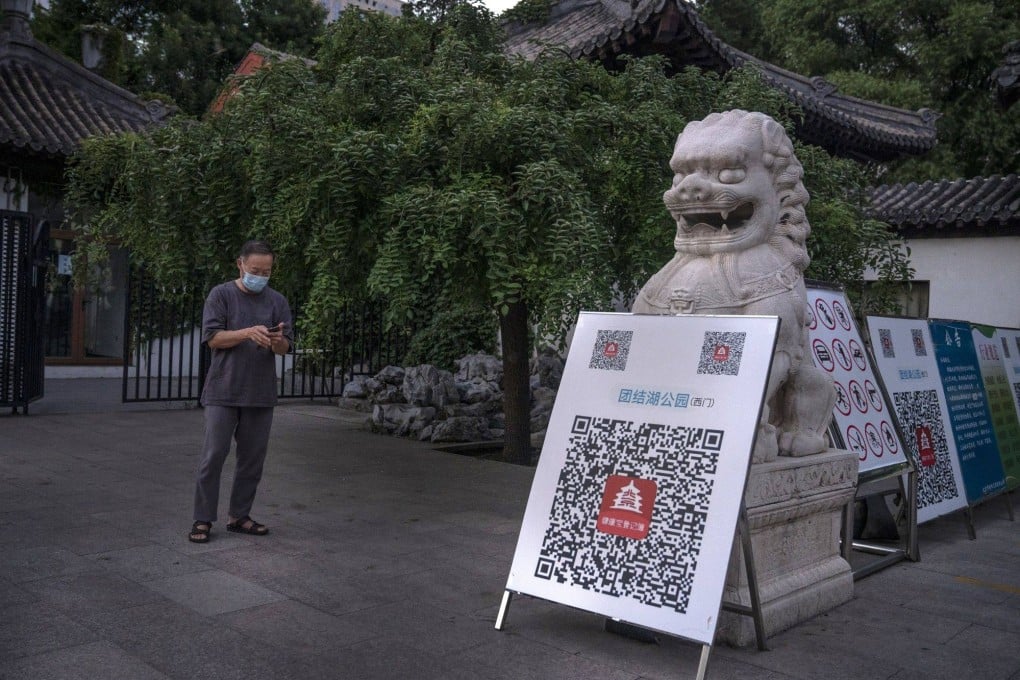Coronavirus: pop-up window on Beijing health code app scuttles return plans, holds up medical care
- Those affected cannot buy a plane or train ticket or enter an airport or railway station
- Municipal government has pledged to improve policy for people returning to capital

The 29-year-old has been unable to return to Beijing, because the city’s health code app says she has been in an area affected by a coronavirus outbreak. She missed an important exam for professional qualifications as a result and said she feared for her job.
“If I continue to be locked out of Beijing, I am not sure if my employer would be still willing to pay my salary,” Li said.
Li was prevented from buying a train ticket back to the capital because a pop-up window on the health code app said she should “temporarily suspend entering Beijing” after visiting an area with a Covid-19 outbreak.
Getting that window on your app means you cannot buy a plane or train ticket or enter an airport or railway station.
The pop-up window – known as tanchuang in Chinese – has become a thing of dread for the capital’s 22 million residents because it can disrupt travel plans, delay medical treatment and threaten livelihoods.
